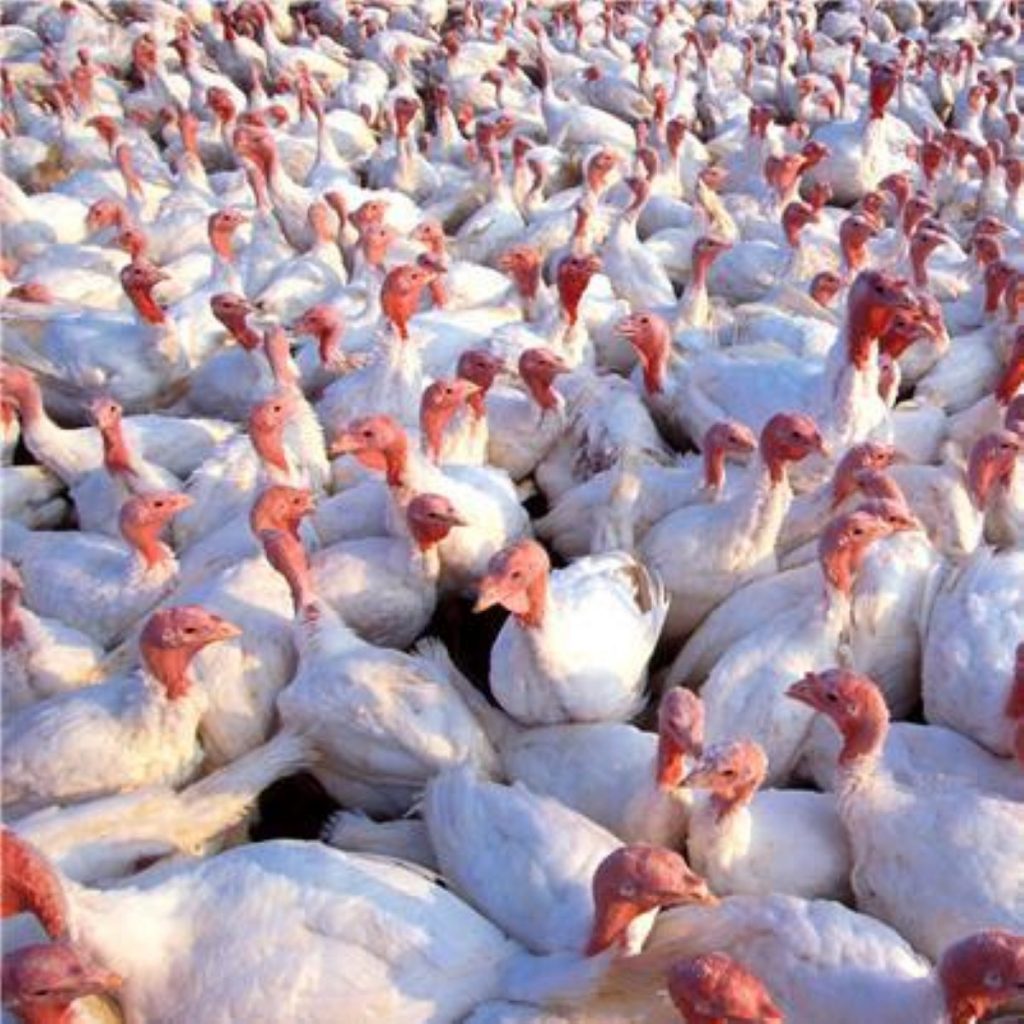Govt confirms bird flu outbreak is H5N1
The outbreak of bird flu in Suffolk is the virulent H5N1 strain of the virus, the government has said.
The Department for the Environment, Food and Rural Affairs (Defra) confirmed this afternoon that birds at Redgrave Park Farm near Diss had been infected by the highly pathogenic H5N1 strain.
Acting chief veterinary office Fred Landeg announced a series of biosecurity measures and called on poultry farmers to be vigilant.
Mr Landeg said: “We are keeping all poultry keepers registered on the Great Britain Poultry register informed of the developing situation and I must stress how important it is for all poultry keepers in the locality to be extremely vigilant.


“They must report any suspicions of disease to their Animal Health office immediately and practice the highest levels of biosecurity.”
Animal Health, along with the local authority, has enforced a 3 km protection zone around the affected farm, which lies on the Suffolk/Norfolk border.
A ten km surveillance zone is in force and a wider restricted zone is in place across all of Suffolk and most of Norfolk.
A ban on bird gatherings, shows and pigeon racing is now in place and farmers have been ordered to isolate poultry from wild birds.
Mr Landeg continued: “We have faced H5N1 once already this year, but there is still significant uncertainty surrounding this outbreak.
“Swift reporting of disease and stringent biosecurity is essential to controlling this disease and we are working to our established contingency plans.
“The European Commission has been informed of this development.”
Defra first confirmed bird flu at the farm yesterday after a number of birds died on Sunday. More than 6,500 birds, mainly turkeys, are now being culled.
Mr Landeg said the government was keeping an open mind about the source of the outbreak.
The affected birds were free range, meaning they could have come into contact with wild birds.
The RSPB, however, warned against blaming wild birds for the outbreak
It argues migrating birds have already arrived in the UK for the winter and no corpses have yet been found.
Dr Mark Avery, conservation director of the RSPB, said: “If migrating wild birds were carrying bird flu, their corpses would have been found north and east of the UK, the routes that migrating wildfowl take.
“But there have been no recent reports of wild birds dying of bird flu in the countries on their migration routes.”
He warned: “Jumping to conclusions over the source of bird flu could blind us to courses of action that should be taken. We can’t rule out wild birds as carriers but we’re not even close to knowing that claim is true.”












